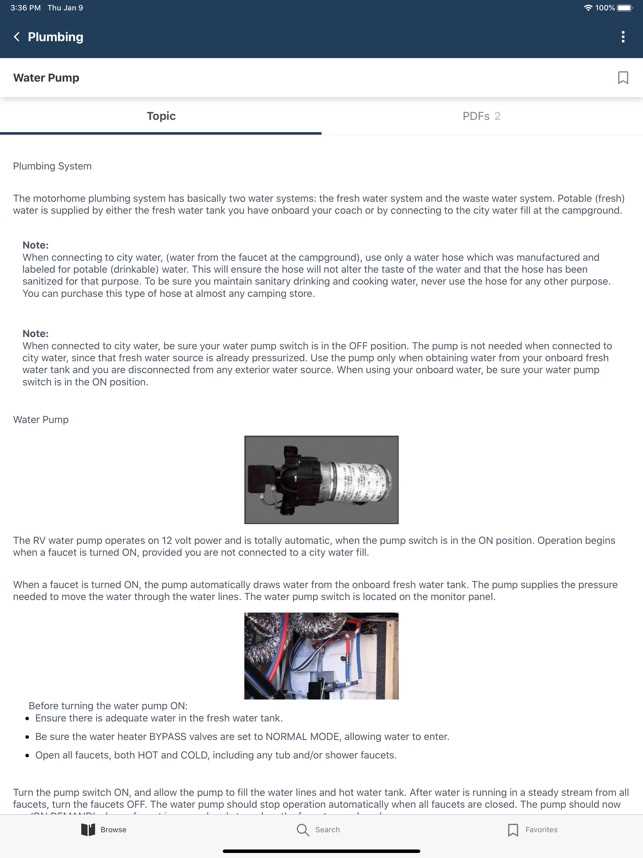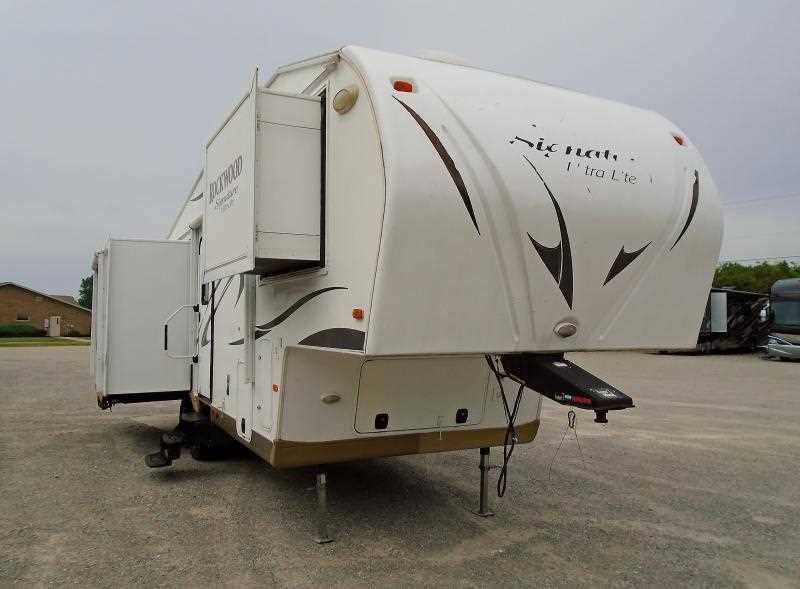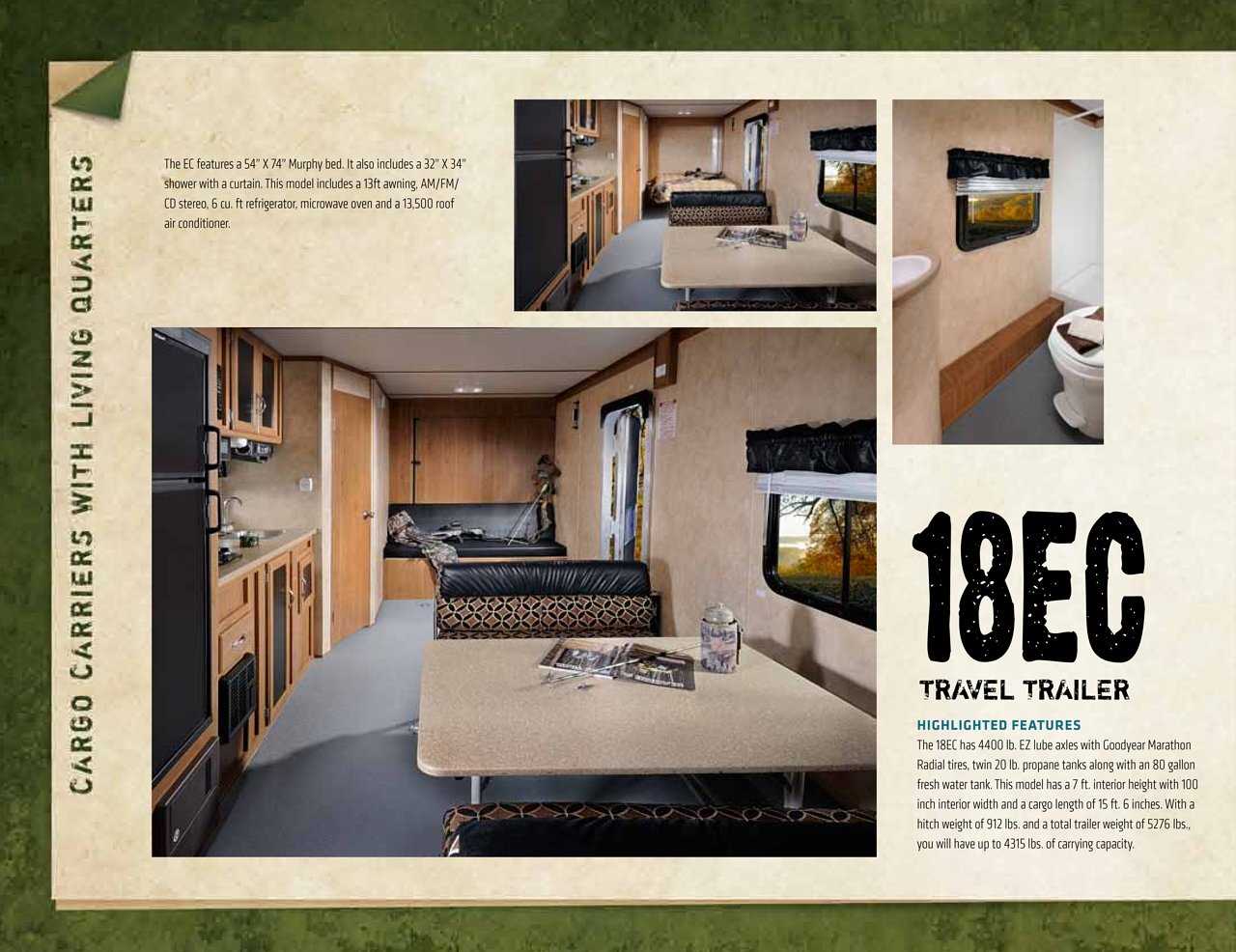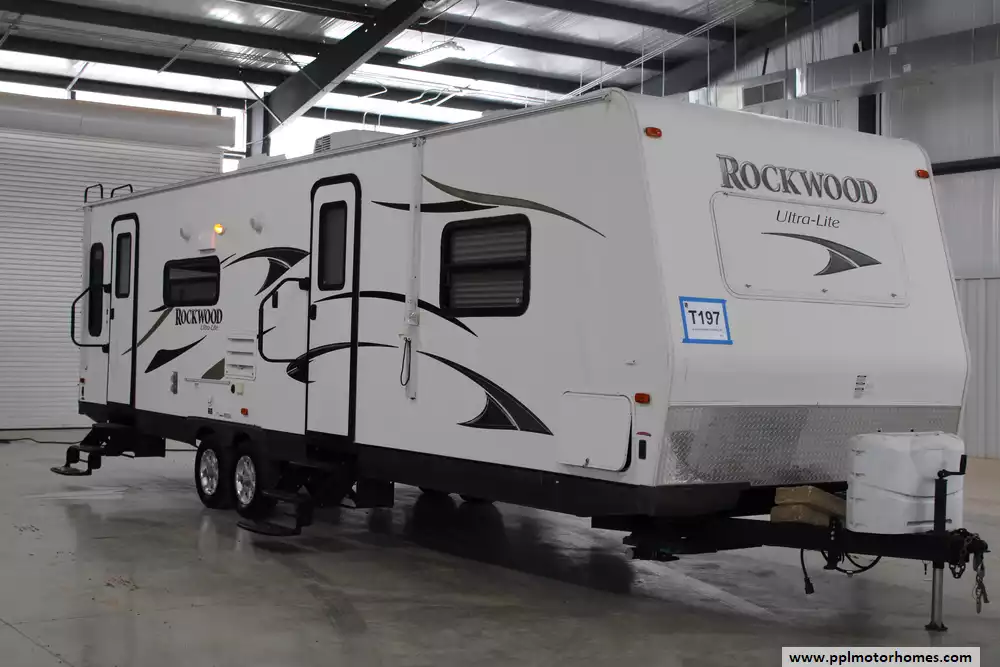
Exploring the great outdoors in your recreational vehicle is a journey filled with comfort, adventure, and the freedom to travel at your own pace. This guide provides essential insights and practical advice tailored for those who want to make the most of their time on the road. Whether you’re a seasoned traveler or new to the RV lifestyle, understanding how to navigate and maintain your vehicle will enhance your travel experience.
Equipped with detailed information on vehicle operation, maintenance, and troubleshooting, this resource helps ensure a smooth and enjoyable journey. From setting up at your favorite campsite to performing routine checks, each section is designed to empower you with knowledge, allowing you to confidently handle the intricacies of your mobile home.
Discover valuable tips on maximizing the efficiency of your vehicle’s features, safety protocols to keep your travels secure, and best practices for maintaining the condition of your mobile haven. This guide serves as your go-to companion, offering clear and concise directions, enabling you to enjoy every aspect of your travels to the fullest.
Essential Maintenance Tips for Forest River RVs
Regular upkeep of your recreational vehicle is crucial for ensuring its longevity, safety, and performance. By attending to routine maintenance tasks, owners can prevent common issues and enjoy smooth, trouble-free journeys. Below are practical tips and guidelines to help keep your RV in top condition.
1. Inspect Seals and Roof Condition

One of the most critical aspects of maintaining your RV is checking the seals and roof for any signs of wear or damage. Leaks can cause extensive water damage, so it’s important to inspect the roof, windows, and doors regularly. Use a sealant recommended by your manufacturer to address any cracks or gaps you find.
2. Maintain Tires and Brakes
Ensuring your tires are in good condition is essential for safe travel. Check tire pressure before every trip, inspect for uneven wear, and replace tires when necessary. Don’t forget to examine the brakes for any unusual noises or reduced stopping power, and schedule regular brake inspections as part of your maintenance routine.
| Maintenance Task | Frequency | Notes |
|---|---|---|
| Inspect Roof and Seals | Every 3-6 Months | Check for cracks, leaks, and signs of wear. |
| Check Tire Pressure | Before Each Trip | Ensure tires are inflated to the correct pressure. |
| Service Brakes | Annually or as Needed | Look out for noise, reduced effectiveness, and wear. |
| Test Battery | Every 6 Months | Clean terminals and check charge levels. |
| Change Oil | Based on Mileage | Follow the manufacturer’s guidelines for intervals. |
Keeping your RV well-maintained ensures a reliable and enjoyable exp
Understanding Key Maintenance Intervals

Regular maintenance is essential to ensure the longevity and optimal performance of your vehicle. By adhering to a set schedule of inspections and service tasks, you can prevent unexpected breakdowns, costly repairs, and keep your equipment running smoothly. This section outlines the most important maintenance intervals, helping you stay ahead of potential issues.
Engine and Transmission Checkpoints
Engine and transmission components are critical to the overall function of your vehicle. It is vital to routinely check fluid levels, replace filters, and inspect belts and hoses for wear. Oil changes should be performed according to the recommended mileage or time frame, which helps keep the engine lubricated and functioning efficiently. For the transmission, regular fluid checks and changes can significantly prolong its lifespan, ensuring smooth shifting and preventing overheating.
Braking System and Tire Care
The braking system and tires directly impact safety and handling. Inspect brake pads, rotors, and brake fluid regularly to maintain stopping power. Uneven wear on brake components may signal the need for an alignment or adjustment. Tire maintenance includes checking pressure, rotating tires, and examining tread depth. Proper tire care not only extends tire life but also improves fuel efficiency and handling, providing a safer driving experience.
Adhering to these maintenance intervals will help keep your vehicle in top condition, enhancing safety, reliability, and overall performance. Regular inspections and timely service are the best ways to protect your investment and enjoy a trouble-free experience on the road.
Common Issues and How to Fix Them
In this section, we will explore frequent challenges that may arise during the use of your recreational vehicle and provide practical solutions to address them effectively. Understanding these common problems and knowing how to resolve them can enhance your overall experience and help you maintain the vehicle’s performance.
Electrical System Failures: Issues with the electrical system can manifest as flickering lights, unresponsive appliances, or blown fuses. To troubleshoot, start by checking the circuit breakers and fuse box for any tripped switches or damaged fuses. Replace fuses with ones of the correct amperage, and ensure all connections are secure and free of corrosion. Regular maintenance of the battery and keeping an eye on the power supply can prevent many electrical problems.
Plumbing Leaks: Water leaks can cause significant damage if not addressed promptly. Inspect all visible pipes, connectors, and seals for signs of moisture or drips. Tighten loose fittings and replace worn-out seals. If the issue persists, consider using a plumbing sealant or tape on the affected areas. Regular checks and maintenance of the water system, including winterizing, can help prevent leaks.
Slide-Out Malfunctions: Slide-outs can become jammed or operate sluggishly due to debris, low battery voltage, or mechanical wear. First, inspect the tracks for obstructions and clean any dirt or debris. Lubricate moving parts with a suitable lubricant, and ensure the battery is fully charged. If the slide-out still malfunctions, manual override mechanisms or professional servicing may be necessary.
Heating and Cooling Issues: Temperature control problems can result from thermostat malfunctions, blocked vents, or low coolant levels. Begin by checking the thermostat settings and ensure it is functioning correctly. Clean air filters and inspect vents for blockages that could impede airflow. For heating systems, ensure propane levels are adequate, and for cooling systems, verify that refrigerant levels are sufficient. Regular servicing of HVAC components can prevent these issues.
Tire and Suspension Troubles: Uneven tire wear, low pressure, and suspension noise can compromise safety and comfort. Reg
Prolonging the Life of Your RV

Maintaining the longevity of your recreational vehicle requires consistent care and attention to detail. By implementing a few essential practices, you can ensure that your vehicle remains in excellent condition, ready for every journey. These proactive measures not only enhance the performance but also prevent common issues that could lead to costly repairs down the road.
Regular Inspection and Maintenance
One of the key aspects of extending the life of your RV is conducting regular inspections. Check critical systems, such as the engine, brakes, and tires, to ensure they are functioning properly. Routine maintenance, including oil changes, filter replacements, and coolant checks, helps keep the mechanical components in top shape. Inspect seals, gaskets, and windows for any signs of wear to prevent leaks and water damage, which can be detrimental to the vehicle’s structure.
Protecting Your RV From the Elements
Weather conditions can significantly impact the condition of your vehicle. Protect it from extreme temperatures, sun exposure, and moisture by using covers or storing it in a sheltered area when not in use. Keeping the exterior clean and applying protective coatings to the roof and sides can help prevent corrosion and fading. Proper ventilation inside the RV helps control humidity levels, reducing the risk of mold and mildew buildup, which can affect both health and the interior’s durability.
By staying proactive with maintenance and protective measures, you can enjoy your RV for years to come. Regular care not only preserves the vehicle’s value but also ensures that it remains reliable and ready for every adventure.
Maximizing Comfort and Safety on the Road

Ensuring a smooth and secure journey requires attention to both comfort and safety aspects of your travel setup. By focusing on essential adjustments and mindful practices, you can enhance your overall experience, making every trip enjoyable and safe.
- Regular Maintenance: Keep all systems in top condition by conducting routine checks on tires, brakes, and lighting. Timely maintenance helps prevent unexpected breakdowns.
- Optimized Seating and Layout: Adjust seating arrangements and interior layout to maximize comfort for all passengers. Consider ergonomics to reduce fatigue during long drives.
- Climate Control: Maintain a pleasant indoor temperature by managing heating, cooling, and ventilation settings. Ensure windows and doors are properly sealed to enhance efficiency.
- Load Distribution: Evenly distribute weight inside the vehicle to maintain balance and improve driving stability. Secure all loose items to prevent shifting during travel.
- Safety Equipment: Equip your vehicle with essential safety gear, such as fire extinguishers, first aid kits, and emergency tools. Ensure they are easily accessible and in good condition.
Adopting these practices will not only boost your comfort levels but also significantly enhance safety, allowing you to fully enjoy your time on the road with peace of mind.